UCI and other sports bodies will have to decide if they incorporate IOC's new transgender guidelines
New guidelines will not take place until after the Beijing Winter Olympics
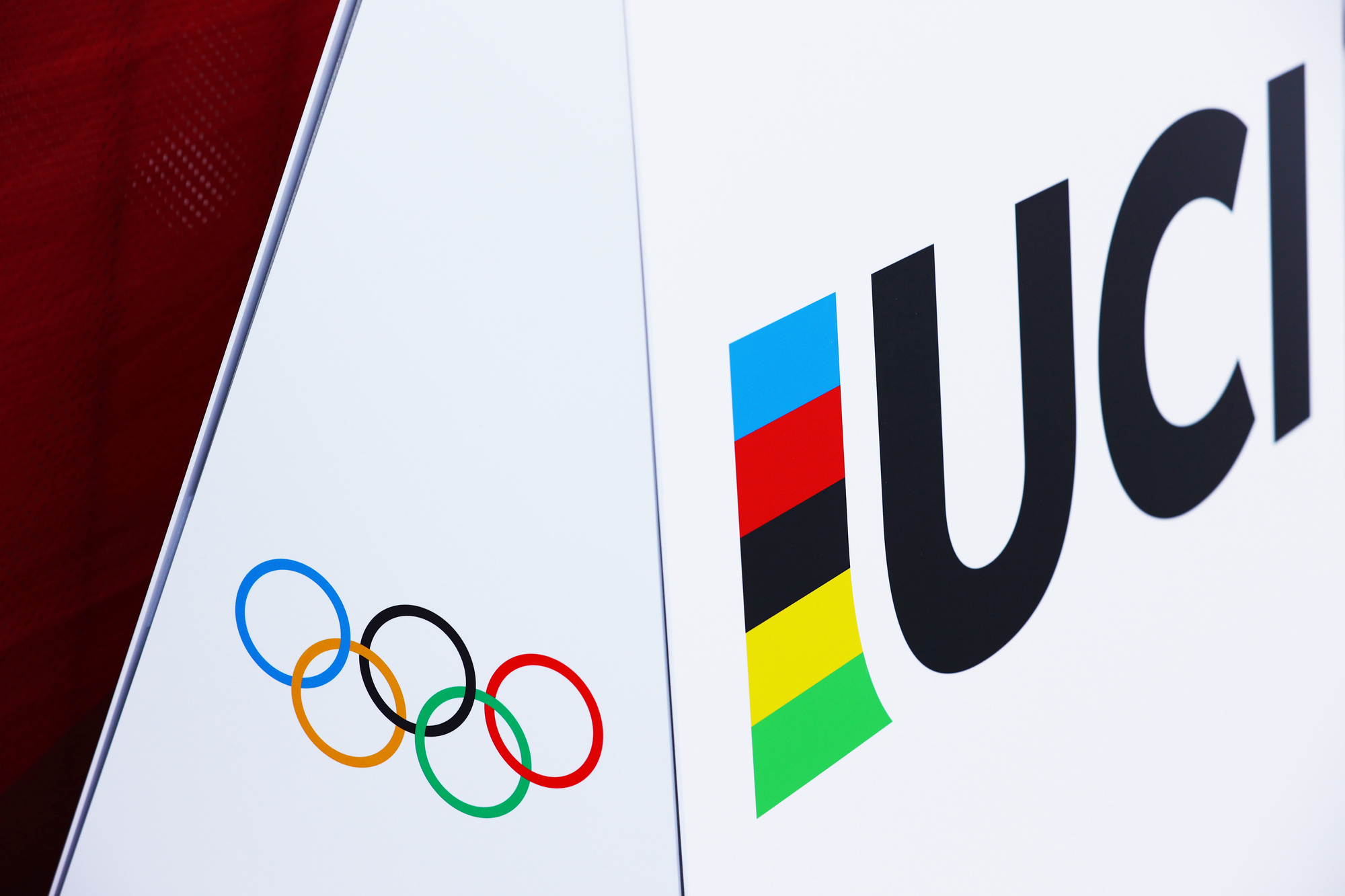

The International Olympic Committee has updated its guidelines in relation to the participation of transgender women within competitive sport, but has shifted the onus onto each sport to decide if they follow the rules or not.
In a marked difference from the 2015 guidelines that stated that trans women had to reduce their testosterone levels to under 10 n/mol per litre for at least a period covering 12 months before being allowed to complete, the IOC have now reversed that requirement.
The new framework - which doesn't come into effect until after the forthcoming Beijing Winter Olympics - now says that transgender women no longer need to suppress their testosterone levels to compete in female sports.
It adds that there should not be any presumption that trans women possess an advantage over natal women, a ruling that is likely to cause some disagreement within sports.
Despite the new updated rules, however, the IOC has refrained from introducing them across the board and will allow individual sports to determine their own rules, allowing for restrictions to be placed on trans women competing in female categories in the interest of fair and safe competition.
The IOC's 10-point document advised that sports should make their decisions based on "robust and peer-reviewed science...which demonstrates a consistent, unfair and disproportionate competitive advantage and/or unpreventable risk to the safety of the athletes."
In responding to the IOC's announcement, when asked for a statement by Cycling Weekly, the UCI refered back to their their last updates on the matter in 2020, setting out that they require trans women to lower their testosterone levels to 5nmol/L, half the amount stipulated in the IOC's previous framework.
Get The Leadout Newsletter
The latest race content, interviews, features, reviews and expert buying guides, direct to your inbox!
Reasoning why the low figure, the UCI said that it was because on average women have testosterone levels between 0 and 1.7 mol/L; most trans women, however, have testosterone levels that sit well below the 5 nmol/L mark.
Athletes with differences in sex development, such as the South African runner Caster Semenya, are also covered by the new framework, meaning in principal she would be eligible to compete, should World Athletics decide to implement the UCI's rulings.
In 2018, Rachel McKinnon became the first transgender athlete to win a cycling world title when the Canadian won the women's 35-44 sprint during the UCI World Masters Track Championships. She retained her title the following year.

Thank you for reading 20 articles this month* Join now for unlimited access
Enjoy your first month for just £1 / $1 / €1
*Read 5 free articles per month without a subscription

Join now for unlimited access
Try first month for just £1 / $1 / €1
A freelance sports journalist and podcaster, you'll mostly find Chris's byline attached to news scoops, profile interviews and long reads across a variety of different publications. He has been writing regularly for Cycling Weekly since 2013. In 2024 he released a seven-part podcast documentary, Ghost in the Machine, about motor doping in cycling.
Previously a ski, hiking and cycling guide in the Canadian Rockies and Spanish Pyrenees, he almost certainly holds the record for the most number of interviews conducted from snowy mountains. He lives in Valencia, Spain.
-
 Tadej Pogačar flies to dominant victory at La Flèche Wallonne
Tadej Pogačar flies to dominant victory at La Flèche WallonneSlovenian takes second win at Belgian classic ahead of Kévin Vauquelin and Tom Pidcock
By Tom Thewlis
-
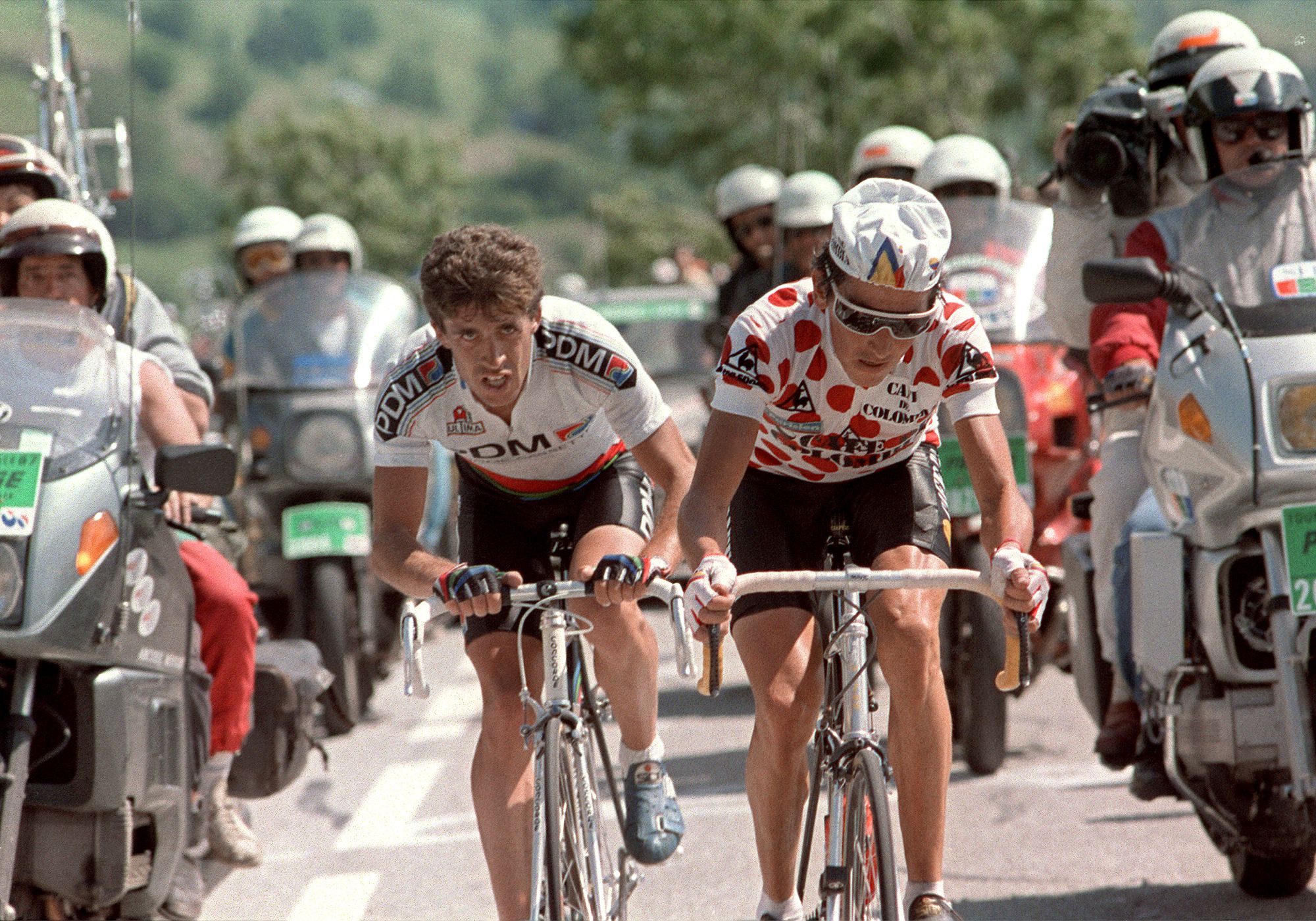 Colombian climbing star and former Vuelta a España winner Lucho Hererra could be investigated over murders of four people
Colombian climbing star and former Vuelta a España winner Lucho Hererra could be investigated over murders of four peopleA judge has called for an investigation into the former Vuelta winner who is alleged to have worked with paramilitary groups in Colombia
By Tom Thewlis
-
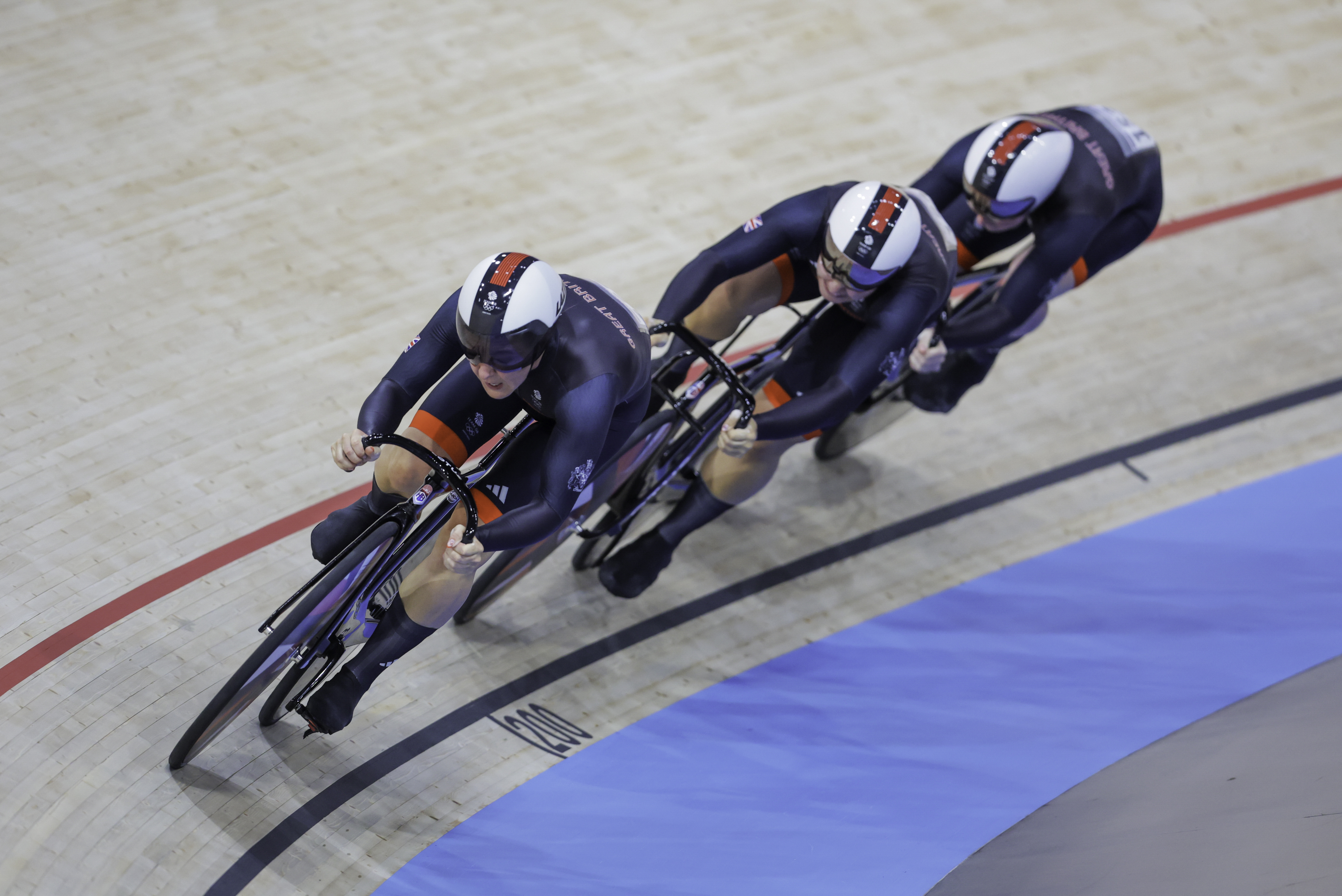 British Cycling receives record £39m funding for 2028 Olympics and Paralympics
British Cycling receives record £39m funding for 2028 Olympics and ParalympicsGB performance director 'incredibly pleased' with allocation for Los Angeles Games
By Tom Davidson
-
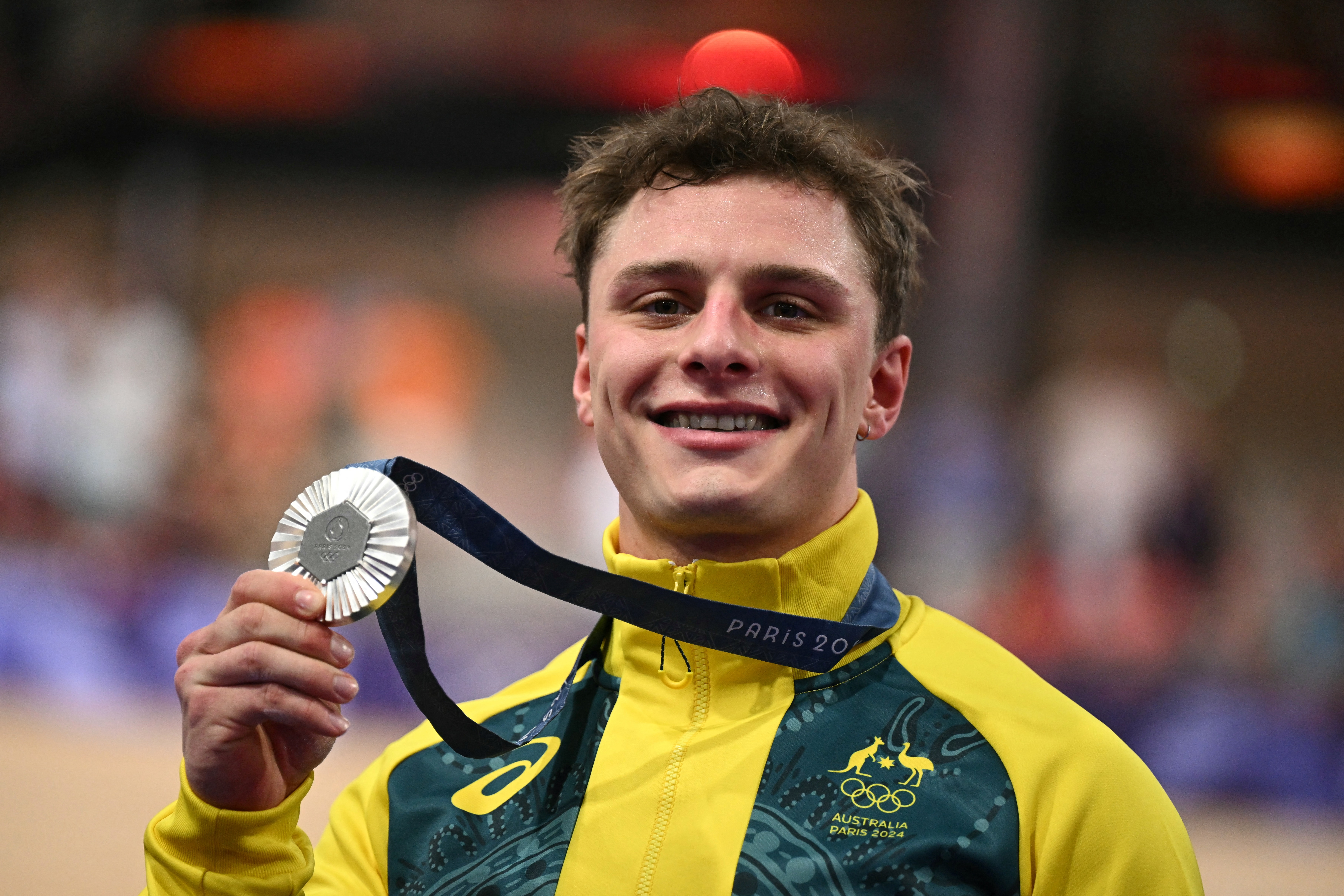 Olympian Matthew Richardson banned for life by Australia
Olympian Matthew Richardson banned for life by AustraliaTrack sprinter swapped nationality following Paris Olympics, and now competes for Great Britain
By Tom Davidson
-
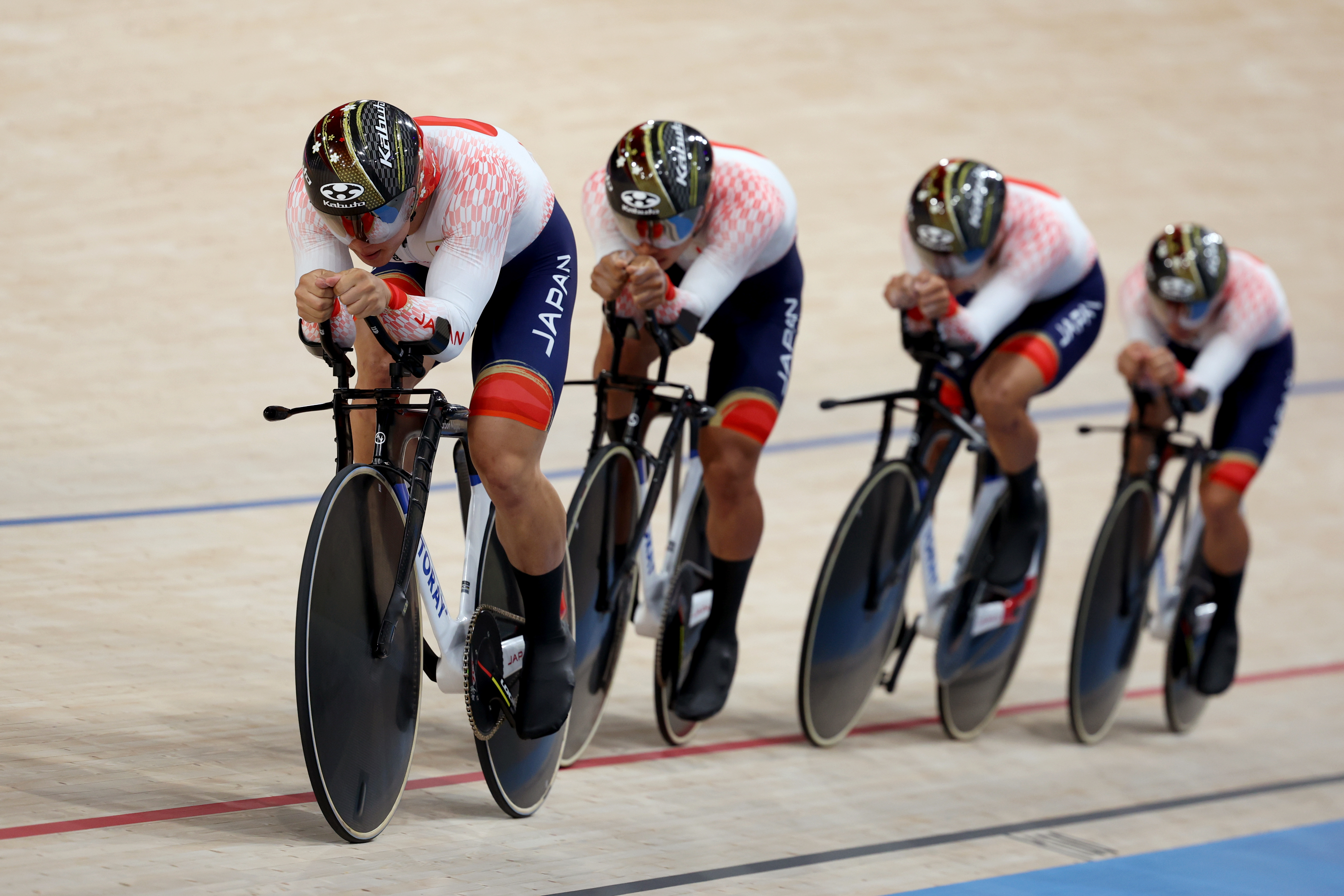 Japan use £108,000 track bike with left-sided drivetrain at Paris Olympics
Japan use £108,000 track bike with left-sided drivetrain at Paris Olympics"Once you get up to speed, it's hard to slow down," say Japanese athletes
By Tom Davidson
-
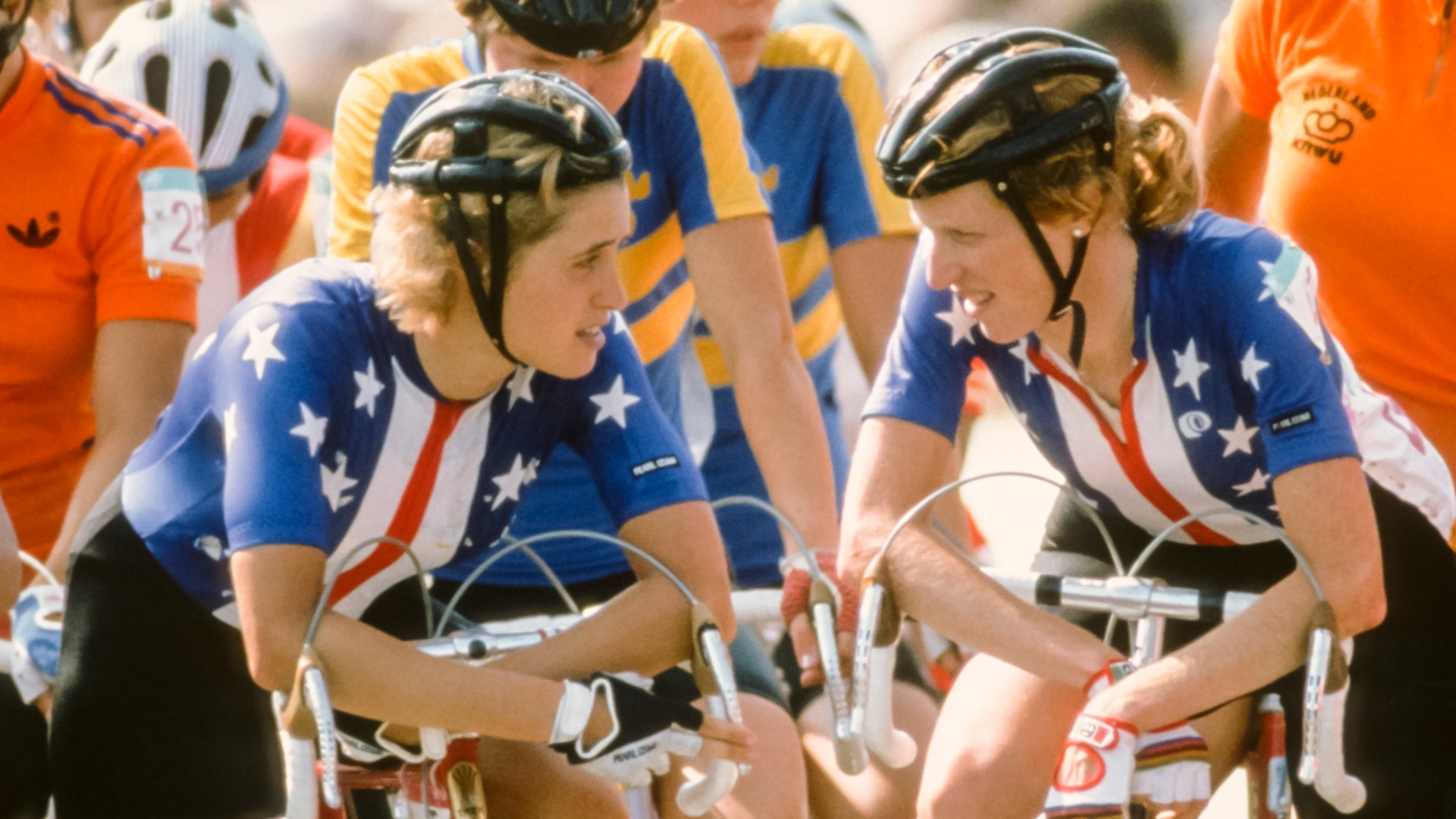 40 years without an Olympic road race medal: Can Paris be a turning point for the US women?
40 years without an Olympic road race medal: Can Paris be a turning point for the US women?Meet Connie Carpenter and Rebecca Twigg: the two US women who medaled in the first-ever women's Olympic road race
By Kristin Jenny
-
 I rode the Paris Olympics road race course on a 20-kilogram hire bike
I rode the Paris Olympics road race course on a 20-kilogram hire bikeOn a three-speed steed, I struggled up the trio of climbs – two of which are cobbled – that will light up the weekend's action
By Tom Davidson
-
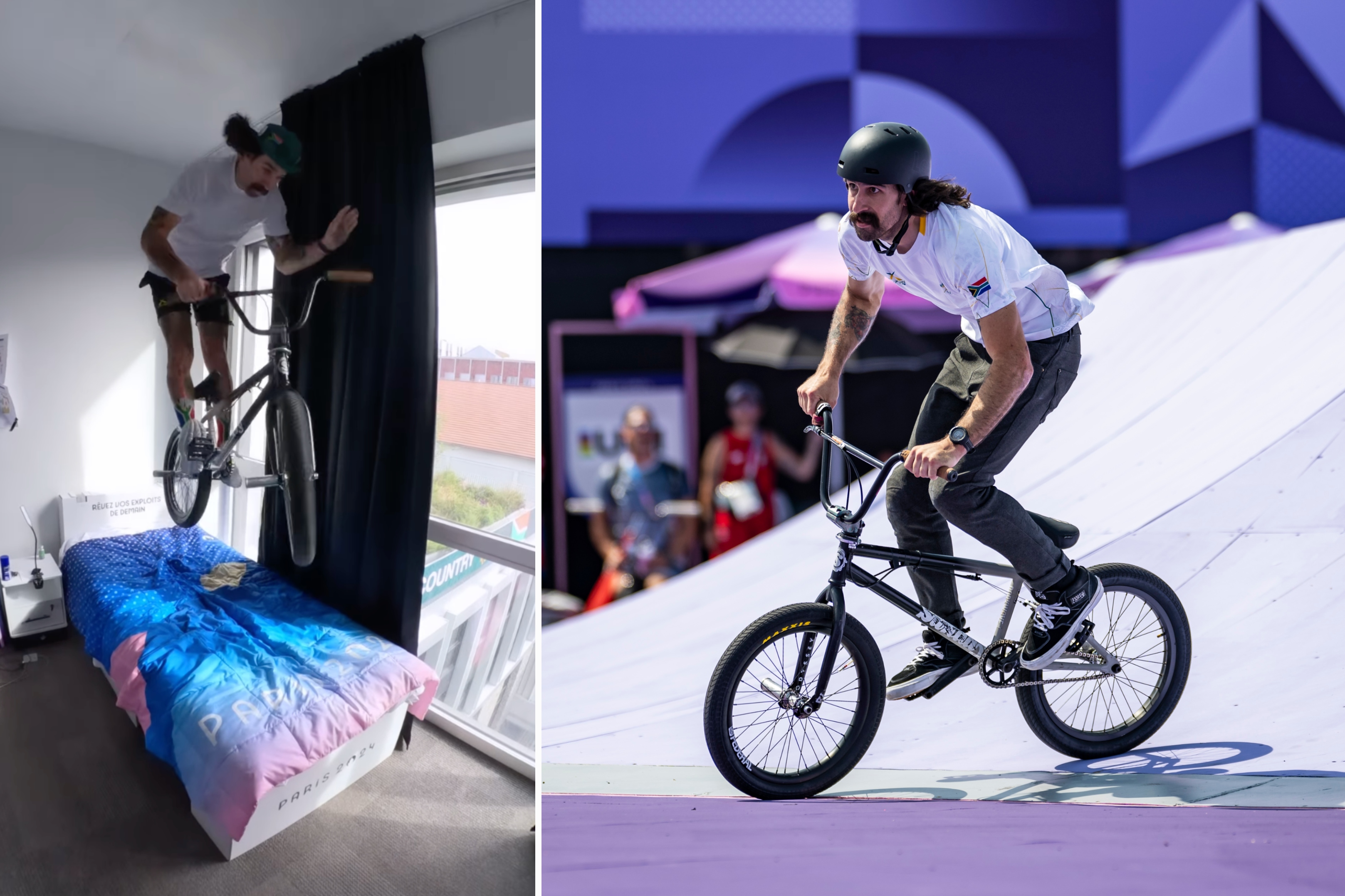 'I almost fell through the window' - BMX cyclist pulls off audacious cardboard bed test at Olympics
'I almost fell through the window' - BMX cyclist pulls off audacious cardboard bed test at OlympicsVincent Leygonie said the beds at the Paris Games are 'super comfortable - or it might just be that my bed at home is really bad'
By Tom Davidson
-
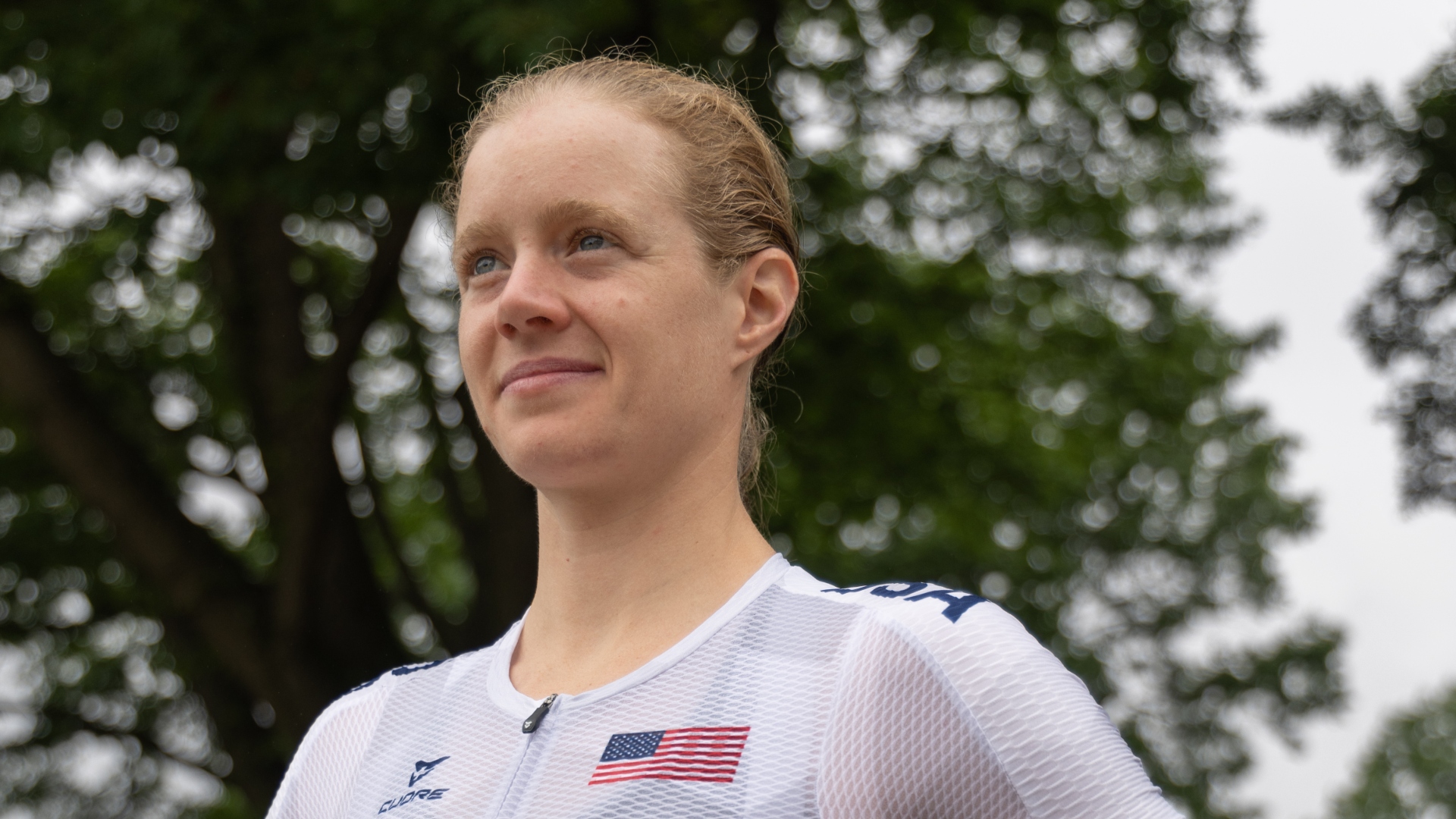 Star triathlete Taylor Knibb to take on world's fastest cyclists in the Olympic time trial
Star triathlete Taylor Knibb to take on world's fastest cyclists in the Olympic time trialColorado-based 26-year-old Taylor Knibb will be representing Team USA in both the individual time trial and triathlon at the Paris Olympics.
By Kristin Jenny
-
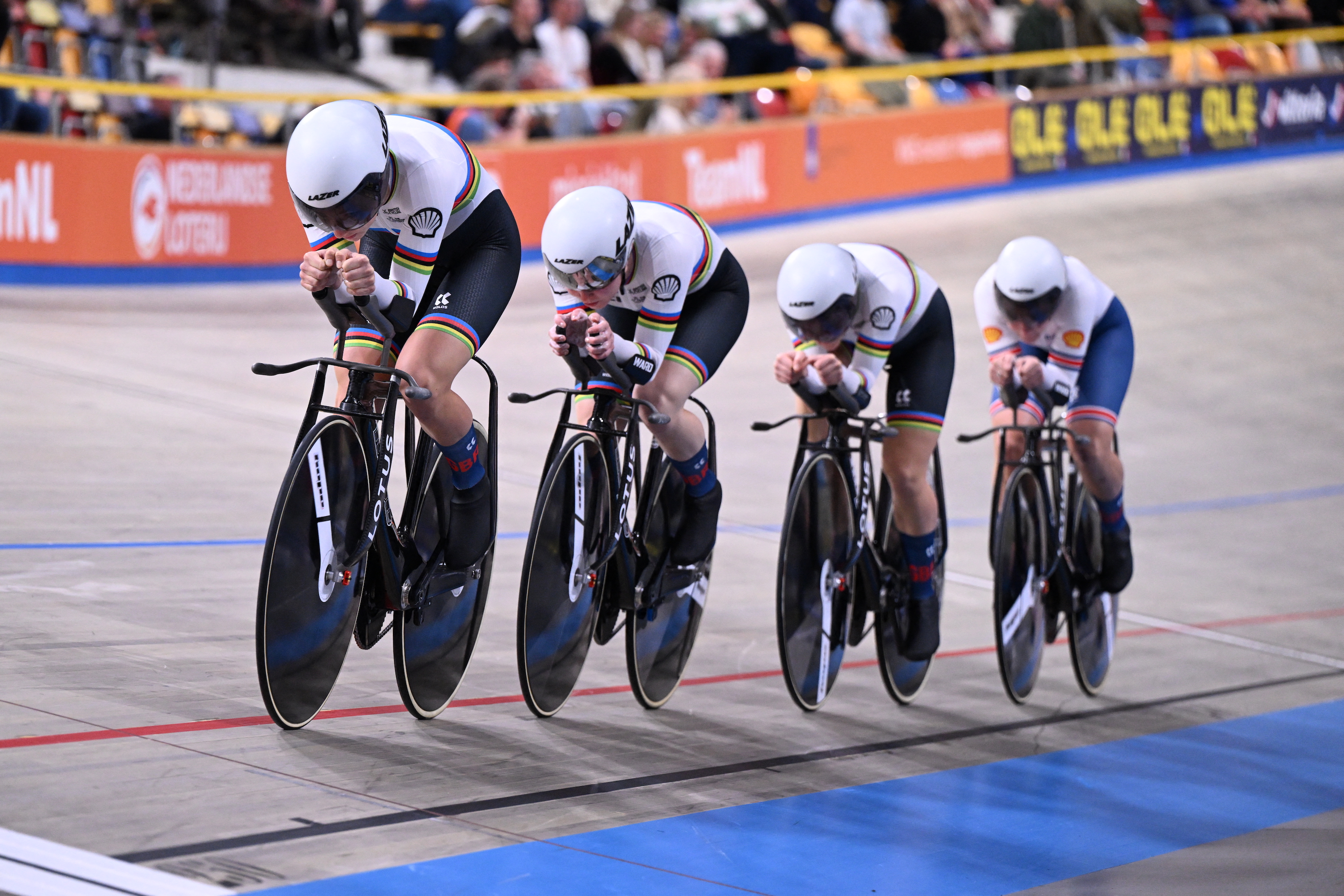 Two debutants in final Olympic squad for Team GB after Katie Archibald injury
Two debutants in final Olympic squad for Team GB after Katie Archibald injuryWomen's road team also announced, with Lizzie Deignan competing at fourth Olympic Games
By Adam Becket